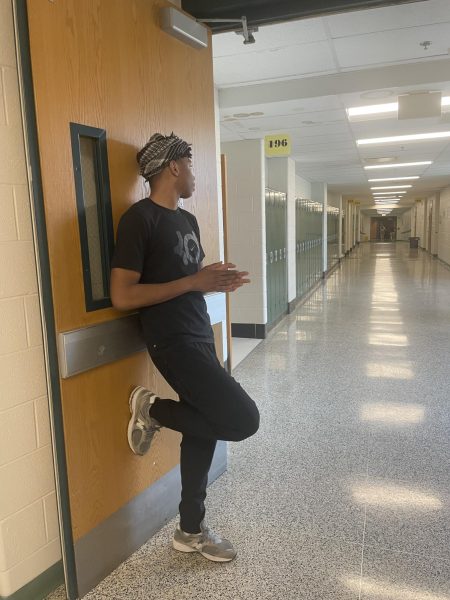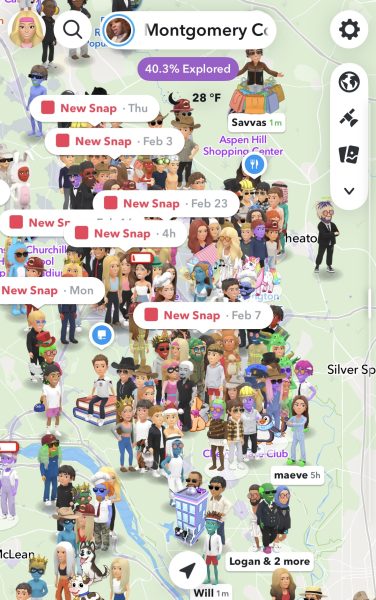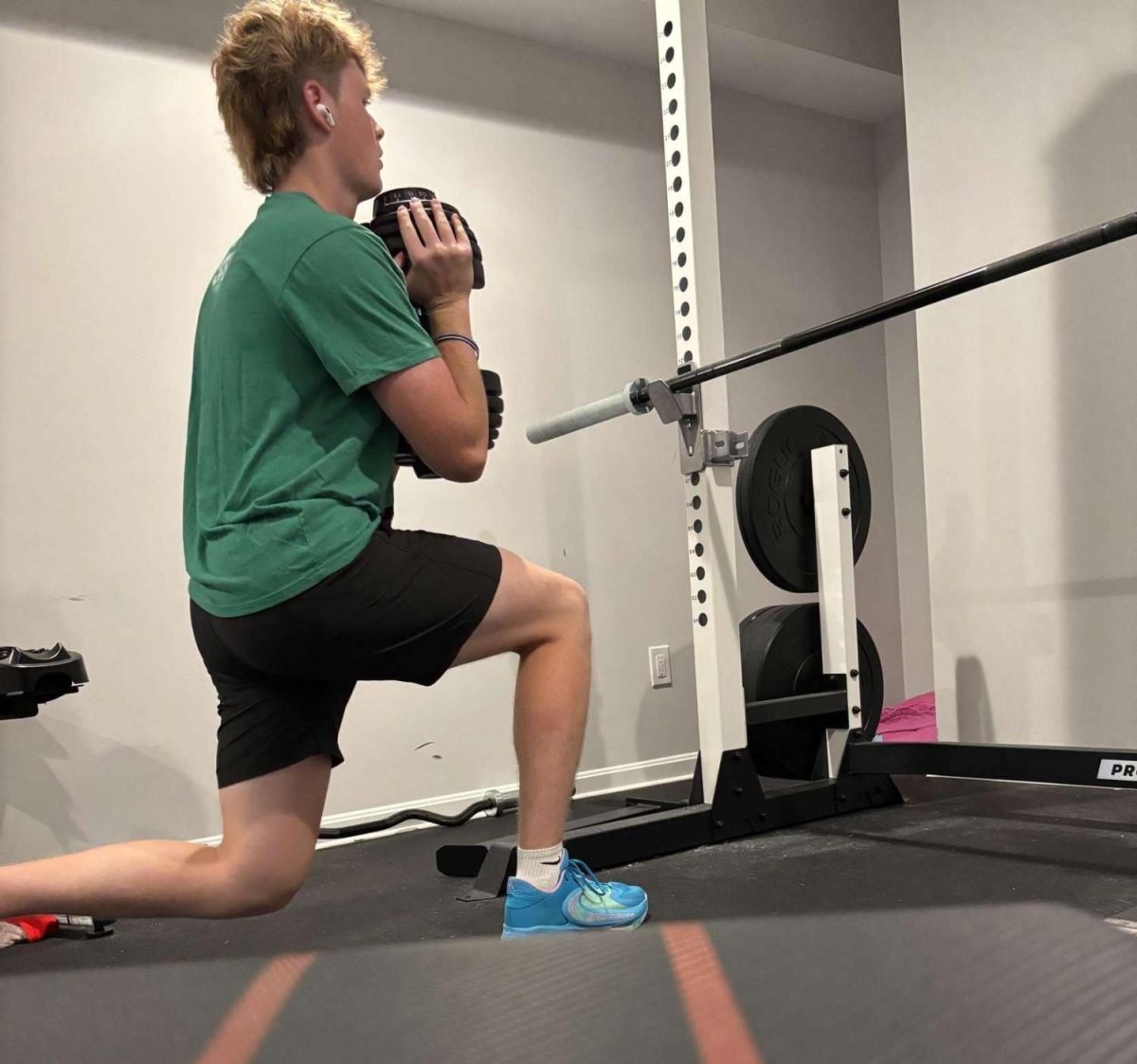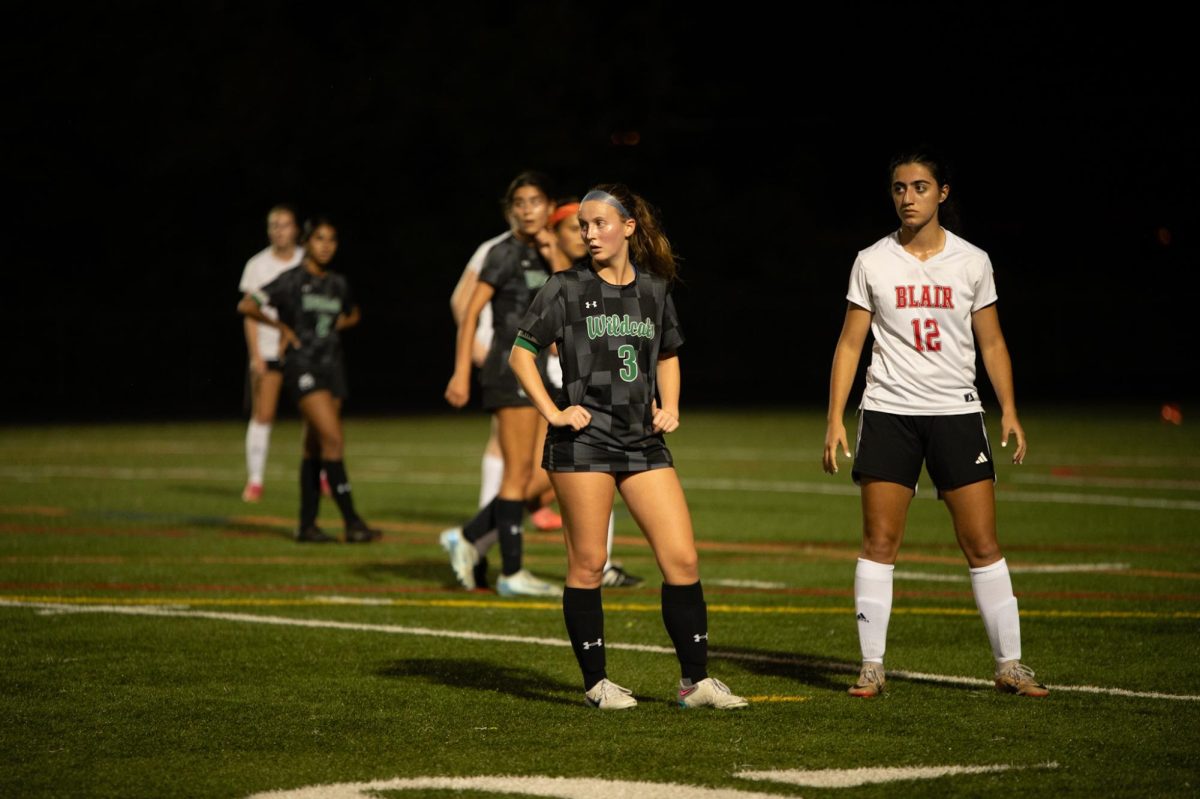Measles Outbreak Sparks Vaccine Controversy

Photo Courtesy of Flickr/ El Alvi
Some parents feel that the side effects of vaccines for diseases such as the measles are not worth the benefits that they provide.
Feb 11, 2015
Vaccines, one of the pinnacles of modern medicine, have recently come into question in the United States. As of Jan. 30, 102 cases of the measles were reported across 14 states due to a lack of childhood vaccinations. With this nationwide outbreak, parents and professionals alike are voicing their opinions on the safety and credibility of vaccines. While some trust that this medical method saves lives, others claim the shots are more dangerous than beneficial.
According to TheHealthyHomeEconomist.com, a widely-read and visited independent website, vaccines cannot be trusted. The website has been featured as an example of opinions on vaccines on various news and health resources, such as The Daily Show, USA Today, NBC, ABC, The New York Times, The Huffington Post and more. Sarah Pope, the creator and writer for the website, revealed some of where her caution surrounding shots comes from in her article “Six Reasons To Say No To Vaccinations.”
“Don’t just take your pediatrician’s word that shots are safe. It is possible for doctors to be wrong. They are human, after all,” Pope wrote in her article on May 25, 2010. “In reality, your doctor is simply parroting the standard line about vaccination from the American Medical Association (AMA) playbook. If you think you are getting their honest assessment, think again.”
According to the website, the six reasons to avoid vaccines are as follows: Pharmaceutical companies cannot be trusted, all vaccines are loaded with chemicals and other poisons, fully vaccinated children are the unhealthiest and most chronically ill children the author knows, other countries are waking up to the dangers of vaccines, a number of vaccines have already had problems and/or have been removed from the market, and a person can always have a vaccination but can never undo it.
A disclaimer can be found on a separate page of the website, stating that “the nutritional and other information on this website are not intended to be and do not constitute health care or medical advice.”
The measles outbreak has now spread to 18 jurisdictions, with 121 people affected overall. The outbreak, which largely originated in Disneyland in Southern CA, still continues to spread through those who have no been immunized – more specifically non-vaccinated children. According to the Centers for Disease Control and Prevention (CDC) , two cases of the measles spread to Nevada and Delaware each, a case has been identified in both New Jersey and DC, seven cases have been found in Arizona, and 88 cases has been totaled up in California.
“I definitely think [vaccines] should be required since not getting them has proven to have adverse effects to the person not receiving them and surrounding them,” said senior Diana Atanesyan. “I think they’re important because they’ve created less of a necessity for medical attention regarding easily avoidable health issues allowing us to focus on matters that don’t have as simple a solution.”
A survey by the Pew Research Center published on Feb. 2 revealed that 68 percent of American adults believe that vaccinations of children should be required, while 30 percent say it should be a matter of the parent’s personal choice.
“Safety concerns are understandable, they’re an essential part of why people get them. In third world countries women stand in lines for hours so their kids can receive vaccinations because they see the horrors of disease, which we have the privilege of avoiding easily,” Atanesyan said. “It’s easy to forget the necessity of certain things when you haven’t actually been presented with the problem yet. The whole point of vaccinations are meant to prevent that, it’s a proactive measure counteracting sickness.”
While some prefer to rely on standard vaccinations for immunity, home remedies and traditional medicines are undoubtedly continuing their presence in the medical field. However, as diseases such as the measles continue to spread rapidly, the future of vaccines is definitely up for debate.




















